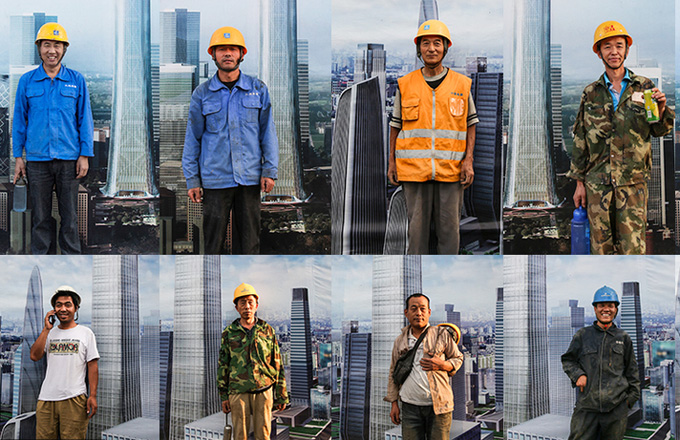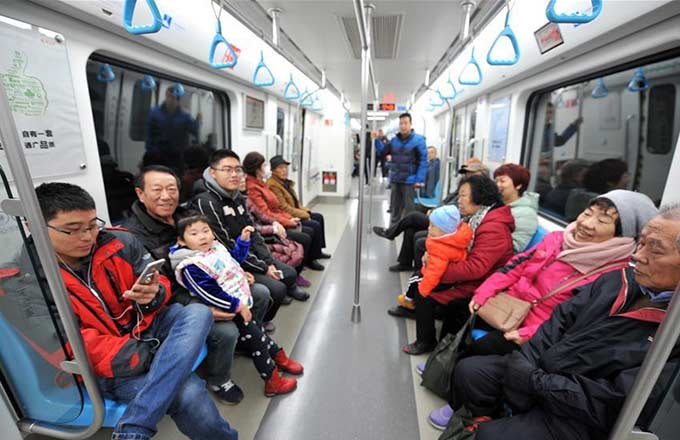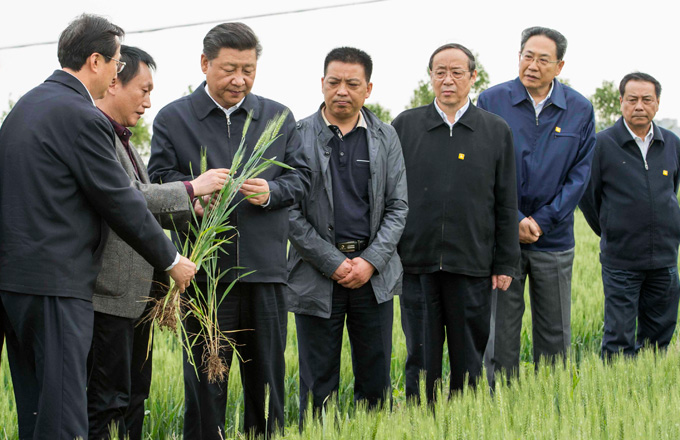Workplace safety to tighten
New law would hold owners personally liable for hazardous conditions
Business owners could be charged criminally in the future if their operations have the potential for a major accident, even if no accident has occurred, according to a new guideline on work safety.
The guideline on the reform and development of workplace safety, which was made public by the central government on Sunday, said lawmakers will consider amendments to the criminal law to punish company behaviors that could lead to an accident.
The guideline came as the country saw five major work safety accidents, including four involving coal mines, in the past three months in which a total of at least 179 people were killed, according to the State Administration of Work Safety, the country's watchdog.
Amending the law would address the problem of a lack of a deterrent force in the work safety area, where neglect or irresponsible acts by management lead to an accident, a statement from the watchdog said.
Yu An, vice-president of the China Administrative Law Society and a professor at Tsinghua University, said that only criminal charges can effectively prevent dangerous neglect.
"Previously the authorities were only focusing on the actual damage," he said. "Given that certain actions are capable of resulting in major harm to the public interest, criminal charges are appropriate."
Yu said it could take at least six months for the amendments to the criminal law to be reviewed by the country's legislature.
The guideline said that people's congresses at city or provincial levels should also be allowed to make safety regulations of their own to prevent workplace accidents. It said the country will also review the consistency of current work safety laws and remove parts that are inconsistent or even in conflict with each other.
China saw 282,000 work safety accidents in 2015, which were responsible for the deaths of 66,000 people, the watchdog said.
The number of accidents and deaths were down by 73.6 percent and 52.8 percent, respectively, compared with 2002.
The guideline said the country will strengthen risk evaluation and management in new materials, new production methods and new operations, as well as establish an information management system for major sources of risks.
It will also push forward the use of industrial robots and smart equipment to perform dangerous work, and it will employ big-data technology to analyze safety patterns and relevance.
Ling Wen, an academician at the Chinese Academy of Engineering, said investment in science and technology is crucial to prevent accidents.
"To me, safety management is all about whether safety technologies are in place. It is important to identify all the sources of risks and monitor them in real time," said Ling, who is also general manager of Shenhua Group, China's largest coal miner.
In the coal sector, for example, it is important to push forward practices to monitor gas density in real time and establish an alarm system to evacuate miners before the density reaches dangerous levels, he said, adding that providing adequate training for workers is also important.
"We need all workers to realize where the risks lie and how to avoid or fix them before going into the shaft," he said.
The guideline said the country will also improve its safety standards for infrastructure in cities, as well as step up safety supervision in places of public accommodation, given China's intensified urbanization rate.
xuwei@chinadaily.com.cn


















